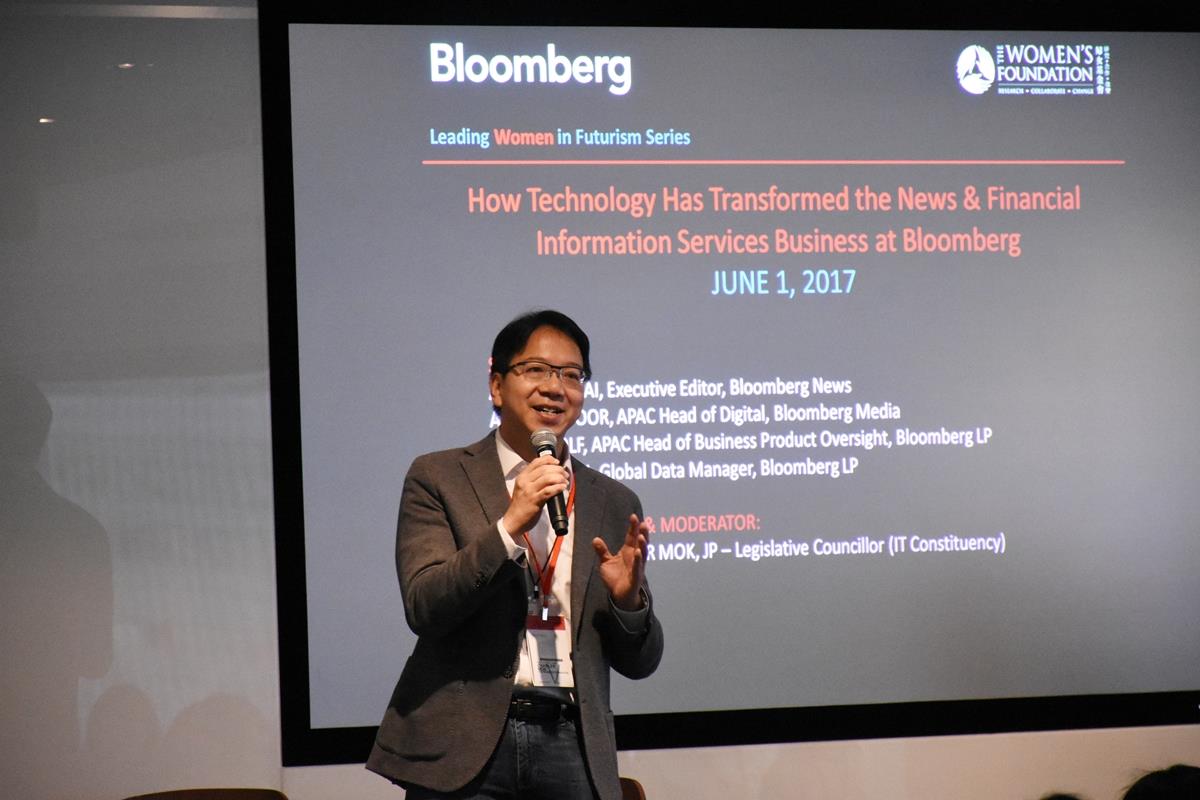As the HK Government continues to equivocate over its stance on Uber and with the recent arrest of 22 more Uber drivers, TWF is coming out in support of #IChooseUber!
We are doing this not because TWF gets any sponsorship from Uber (we don’t) but because we are strongly in favour of HK commuters having more choice when it comes to transport in a city where the MTR carries a whopping 1.2 million passengers a day and we only have 18,000 licensed taxis for a population of nearly 7.4 million – a ratio of 410:1, compared to 96:1 for London and 650:1 for New York. (The number for New York doesn’t include chauffered car services which are abundantly available. Bear in mind too that private household car ownership in New York is estimated at 46%, compared to 14% in Hong Kong.) In my own case, our family relies entirely on public transport to get my 86-year old mother from her apartment to ours and to her doctor’s surgery and I worry every time it rains, how our helper is going to get our 9 year old from school to her activities and back home.
TWF is also supporting #IChooseUber because of the earning opportunities it allows for housewives, retirees, students and others who are looking for flexible part-time work. In Hong Kong, 80% of Uber's 30,000 drivers work part-time. Research conducted on the “gig” economy shows that Uber-style arrangements which allow individuals flexibility in setting personalized work schedules mean gig economy workers earn more than twice the surplus they would in less flexible arrangements and without these flexible arrangements, they would reduce the hours they supply by more than two thirds.
While we can appreciate the Government’s concerns about passenger safety and the need for drivers to have adequate insurance cover, we find it hard to understand how governments from China to Singapore have moved ahead to regulate the provision of general passenger transport services by private vehicles but the Hong Kong administration seems so reluctant to even contemplate the legal reforms required to facilitate new technologically-driven business models like Uber’s. In China, DiDi Chuxing,which acquired Uber’s China unit last year, now has over 400 million users across 400 cities in China. DiDi clocked over 200 million rides in December 2016 alone making it the no. 1 global ride sharing company. According to DiDi, its car-hailing, hitch and chauffeur services provide over 10 million flexible job opportunities for people including a considerable number of women, laid-off workers from traditional sectors and veteran soldiers.

As The Honorable Charles Mok, the LegCo member for the IT sector, put it in his keynote address at last week’s launch event for TWF and Bloomberg’s new Leading Women in Futurism Series, “The government’s rigid and bureaucratic approach to Uber is sending a message to the world that innovation and new technology are not welcome in Hong Kong. It suggests Hong Kong will have nothing to do with anything that threatens vested interests and entails any law change”.
As always, we would love to hear your views on this topic. Please write to me at sumei.thompson@twfhk.org.





















